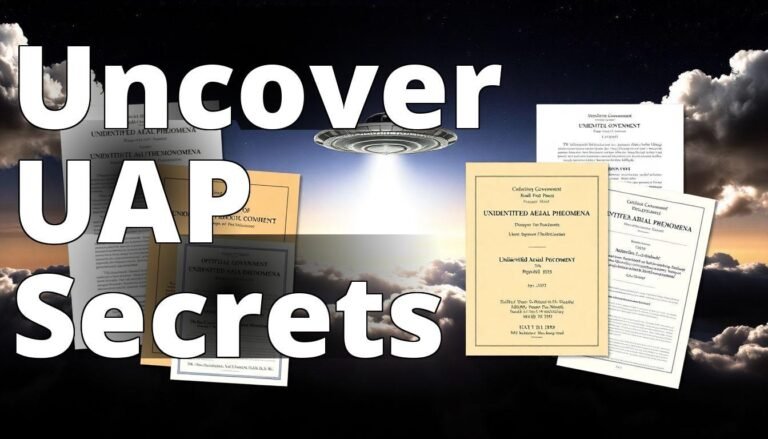The Evolution of Spiritual Systems
What does it mean when we talk about the evolution of spiritual systems? Is it the evolution of our understanding of the divine or the evolution of how we express this understanding? There’s a deeply rooted curiosity in all of us about whether God created man or man created God. This question propels us into a labyrinth of spiritual exploration and philosophical debates, ones that have shaped civilizations and personal beliefs alike. So, let’s embark on this journeya deep dive into the evolution of spiritual systems, a journey that might just challenge everything you think you know.
The Evolution of Spiritual Systems
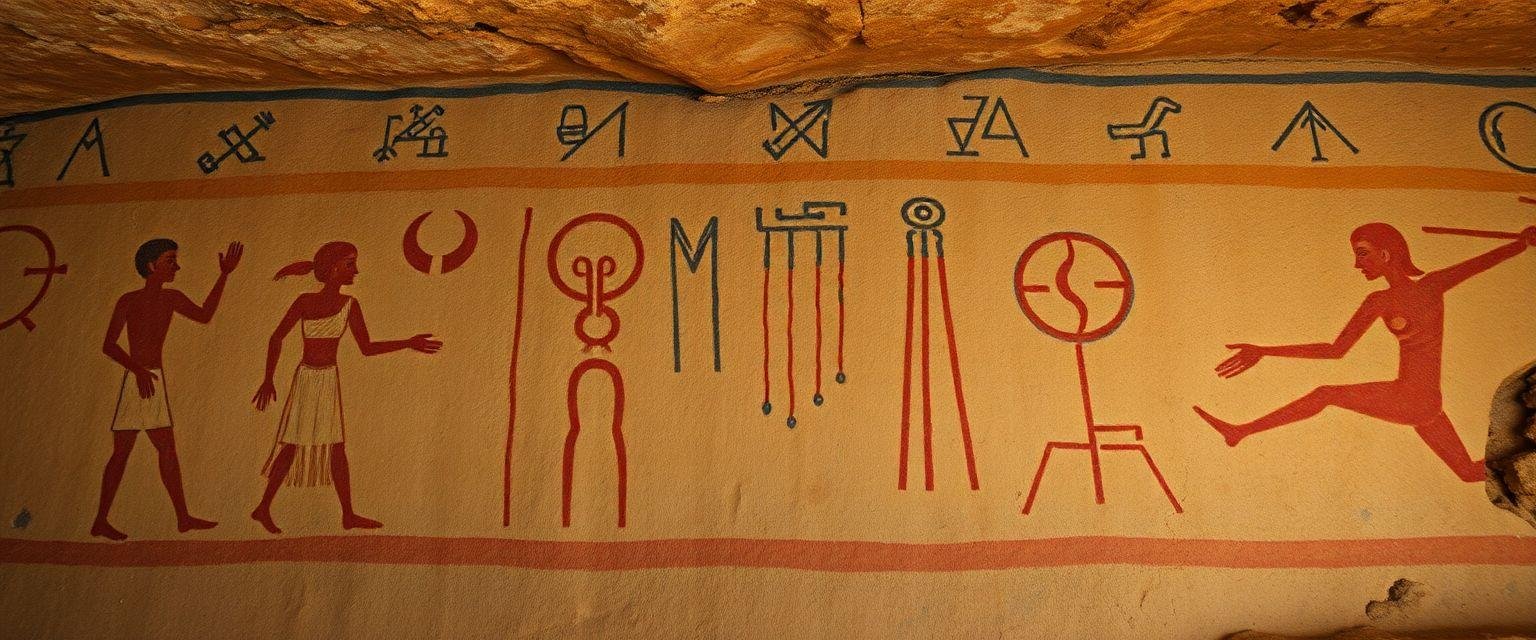
To understand the evolution of spiritual systems, we must first consider their origins. Spiritual systems did not start as organized religions but as raw, instinctive beliefs. Imagine early humans, huddled around a fire, gazing at the stars, and contemplating their existence. It is within these primitive contexts that spiritual systems began to evolve. These early belief systems were responses to natural phenomena that primitive humans could not explain. Thunderstorms, eclipses, or even the changing seasons were seen as divine signals that required interpretation.
Insider Tip: According to Dr. Karen Armstrong, a religious scholar, “Spirituality began as a way of coping with the immensity of the world around us. It was less about structured beliefs and more about survival and understanding.”
As these initial belief systems developed, they began to take on more structured forms. Shamans and spiritual leaders emerged, serving as intermediaries between the physical world and the spiritual realm. This was the first step in the evolution towards more complex spiritual systems. These leaders helped codify beliefs, rituals, and practices that would eventually become the foundation of organized religions.
The Role of Culture and Environment in Shaping Spiritual Systems
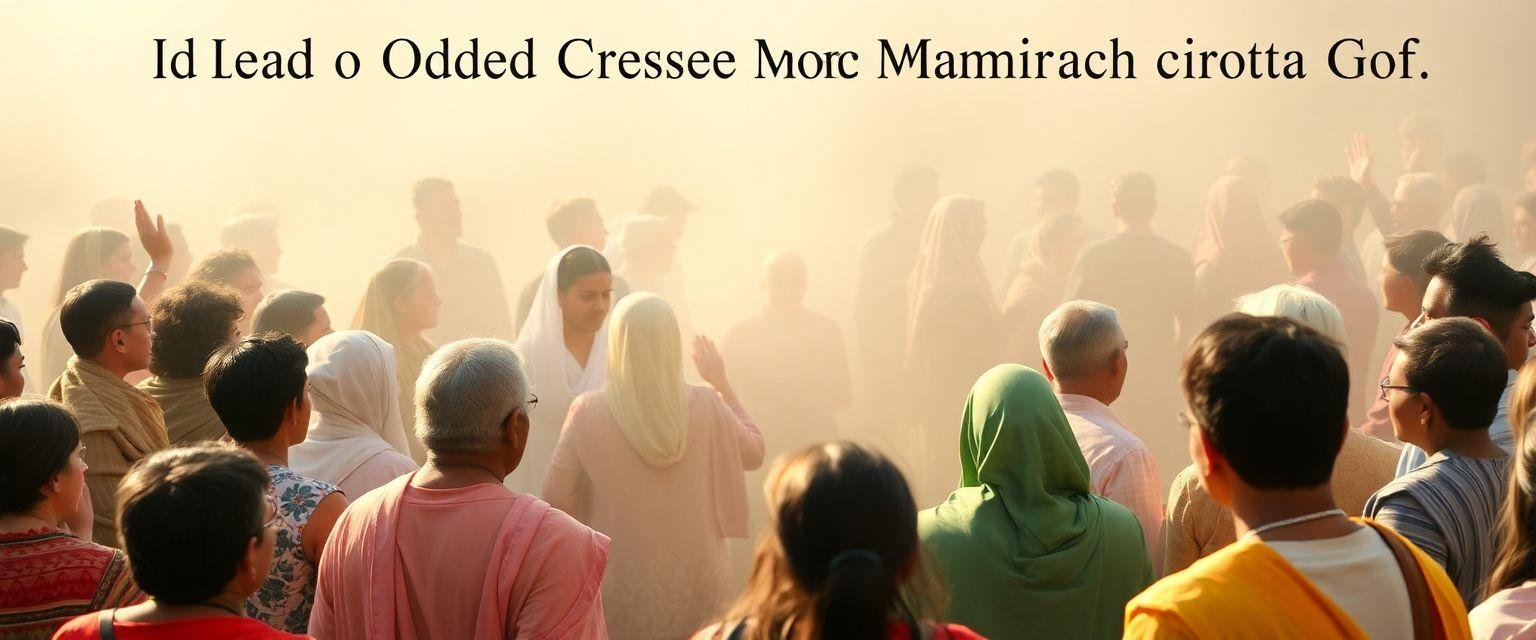
The spiritual systems of any given society are greatly influenced by both culture and environment. For instance, polytheistic systems often emerged in regions with diverse ecosystems, where different deities represented various natural elements. In contrast, monotheistic religions tended to develop in more homogeneous environments, where a singular, omnipotent deity symbolized unity and control.
A fascinating case study is that of the ancient Egyptians, whose polytheistic beliefs were deeply entwined with the Nile River. The river was both a life-giver and a destroyer, and the Egyptians personified these qualities in their gods. This complex relationship with their environment is mirrored in their rich pantheon, as documented in this study.
Insider Tip: “The environment significantly shapes spiritual beliefs,” explains Professor John Dunbar from the University of Spiritual Studies. “In societies where survival depends on understanding and predicting natural phenomena, deities often personify these elements.”
Culture, too, plays a pivotal role. The spiritual systems in Asia, for instance, are heavily influenced by philosophies like Confucianism and Buddhism, emphasizing balance, harmony, and the cyclical nature of life. In contrast, Western systems often focus on linear progress and individual salvation.
The Transition from Polytheism to Monotheism
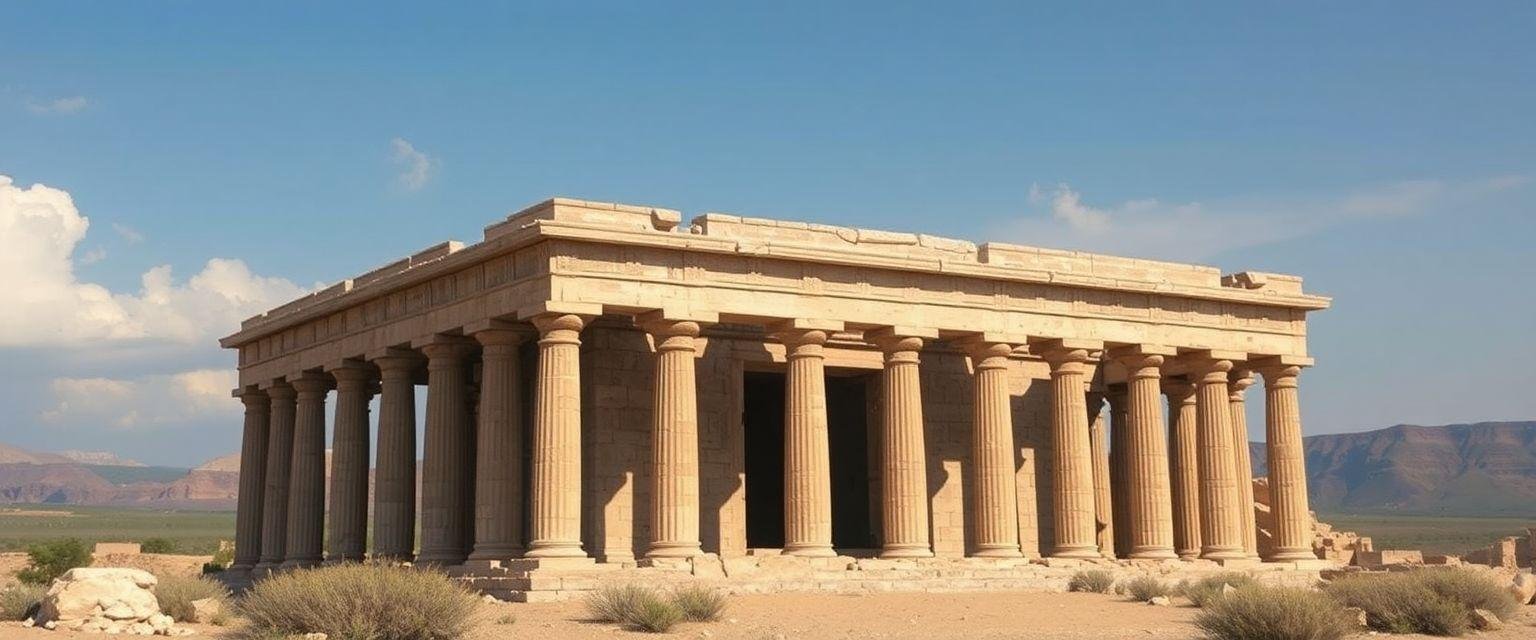
One of the most significant shifts in the evolution of spiritual systems was the transition from polytheism to monotheism. Polytheism, the belief in many gods, was the norm for early civilizations. It allowed for a diverse interpretation of the divine, where gods were often seen as patrons of specific human activities or natural elements.
However, as societies grew more complex, the need for a unified belief system became apparent. This shift is exemplified by the rise of monotheistic religions such as Judaism, Christianity, and Islam. The transition was not abrupt but rather a gradual evolution influenced by social, political, and cultural changes.
Thought-provoking Question: What drove ancient societies to abandon polytheism in favor of monotheism? Was it purely a quest for unification, or were there deeper philosophical reasons at play?
Historical records suggest that monotheism offered a more cohesive framework for governance and societal control. A single deity provided a singular moral compass, simplifying the collective ethos and aiding in the establishment of legal and ethical codes.
Spiritual Systems and the Rise of Science

As spiritual systems evolved, they often intersected with the rise of scientific inquiry, leading to both conflict and synthesis. During the Enlightenment, for example, science began to challenge many of the spiritual beliefs that had been accepted for centuries. This period saw the emergence of rationalism, which questioned the validity of spiritual explanations and sought empirical evidence.
However, this was not merely a story of conflict. In many cases, science and spirituality found ways to coexist and even complement each other. The works of scientists like Isaac Newton, who was deeply religious, exemplify this harmony. Newton’s laws of motion and his belief in a divine creator were not seen as contradictory but as two sides of the same coin.
Insider Tip: “The relationship between science and spirituality is complex,” says Dr. Emily Carter, a historian of science. “While they often seem at odds, both seek to understand the universealbeit in different ways.”
In recent times, the dialogue between science and spirituality continues, with concepts like quantum physics and consciousness studies opening new avenues for exploration. The question remains: Can science fully explain spirituality, or are there aspects of human experience that remain beyond empirical understanding?
The Modern Evolution of Spiritual Systems

In today’s world, spiritual systems have evolved to embrace a globalized, interconnected society. Traditional religious practices coexist with new-age spiritual movements, reflecting the diversity of contemporary beliefs. The internet and social media have played crucial roles in this transformation, allowing spiritual ideas to spread rapidly and transcend geographical boundaries.
Modern spirituality often emphasizes personal growth and consciousness expansion rather than strict adherence to dogma. Practices such as mindfulness, meditation, and yoga have gained popularity, often integrated into secular contexts. This shift is evident in the rise of what some call “spiritual but not religious” individuals, who seek personal enlightenment without the constraints of organized religion.
Thought-provoking Question: Is the rise of individual spirituality a response to the perceived rigidity of organized religion, or does it signify a deeper shift in human consciousness?
Despite the fragmentation of traditional religious authority, many people still seek community and shared spiritual experiences. This has led to the emergence of spiritual retreats, online meditation groups, and other collective practices that blend tradition with innovation.
The Future of Spiritual Systems
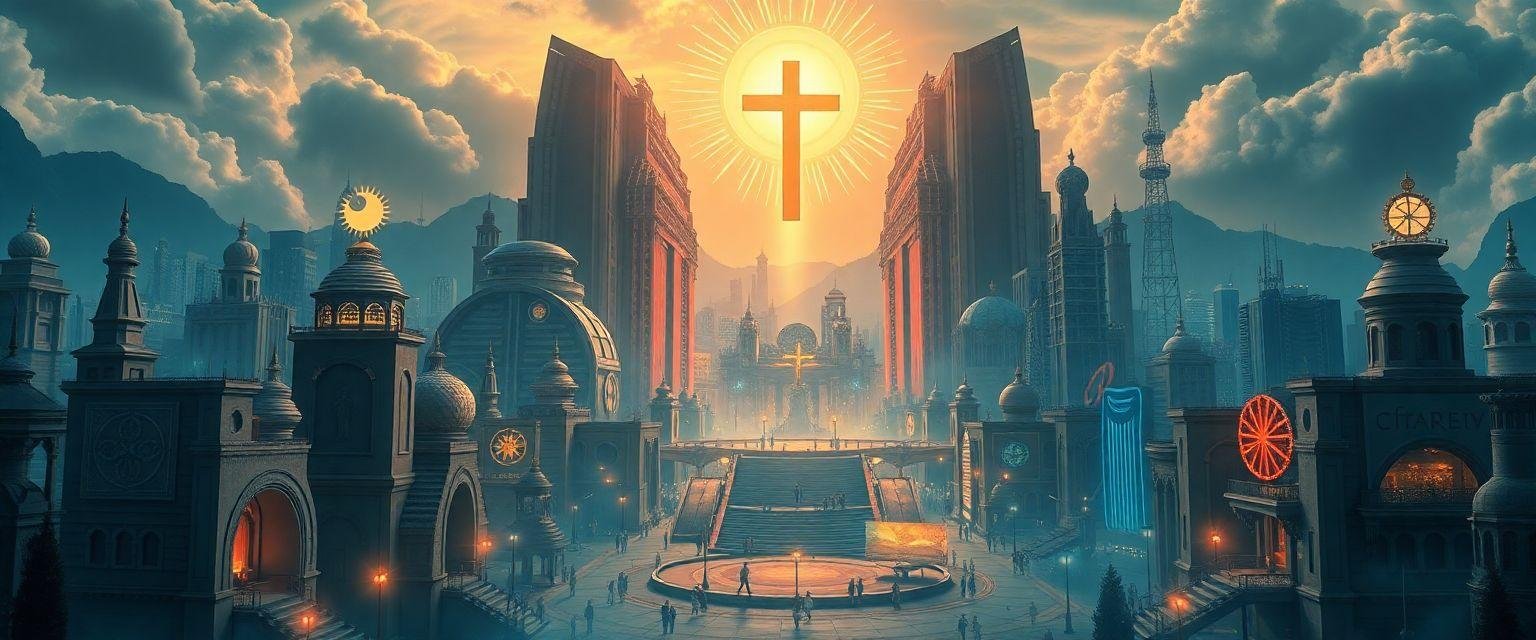
As we look to the future, the evolution of spiritual systems is likely to continue adapting to the ever-changing human landscape. With advances in technology and our understanding of the universe, what will spirituality look like in the years to come? Will artificial intelligence and virtual reality create new spiritual experiences, or will they further complicate our quest for meaning?
The potential for new spiritual systems to emerge is vast. Consider the implications of space exploration on spirituality. As humans venture beyond Earth, how will our beliefs evolve? Will we find new forms of life that challenge our understanding of divinity and creation?
Insider Tip: “The future of spirituality is unpredictable,” notes futurist Dr. Alice Green. “It will likely be shaped by technological advancements, cultural shifts, and our ever-expanding understanding of the universe.”
One thing is certain: the evolution of spiritual systems will continue to reflect humanity’s enduring quest for meaning, connection, and transcendence. As we navigate the complexities of modern life, spirituality remains a vital aspect of our collective identitya thread that weaves through the tapestry of human existence.
Conclusion
The evolution of spiritual systems is a testament to humanity’s relentless pursuit of understanding and connection. From the primal instincts of early humans to the sophisticated philosophies of modern times, spirituality has been a constant companion on our journey. While the forms and expressions of spirituality may change, the underlying quest for meaning remains unchanged. As we stand on the brink of new discoveries, both scientific and spiritual, let us remain open to the possibilities that lie ahead. The answers to whether God created man or man created God may not be clear-cut, but the exploration of this question is what enriches our lives and deepens our understanding of the world and ourselves.
FAQs
Q. Who explored the evolution of spiritual systems throughout history?
A. Many scholars, theologians, and philosophers have explored this topic.
Q. What are the key stages in the evolution of spiritual systems?
A. Key stages include animism, polytheism, monotheism, and atheism.
Q. How do spiritual systems influence human behavior and society?
A. Spiritual systems shape moral values, cultural practices, and community bonds.
Q. Why do some argue that God created man, not the other way around?
A. They believe divine inspiration guides human morality and purpose.
Q. What evidence supports the idea that man created God?
A. Some argue that gods are societal constructs reflecting human needs.
Q. How can one reconcile differing views on spiritual evolution?
A. Open dialogue and respect for diverse beliefs can foster understanding.




